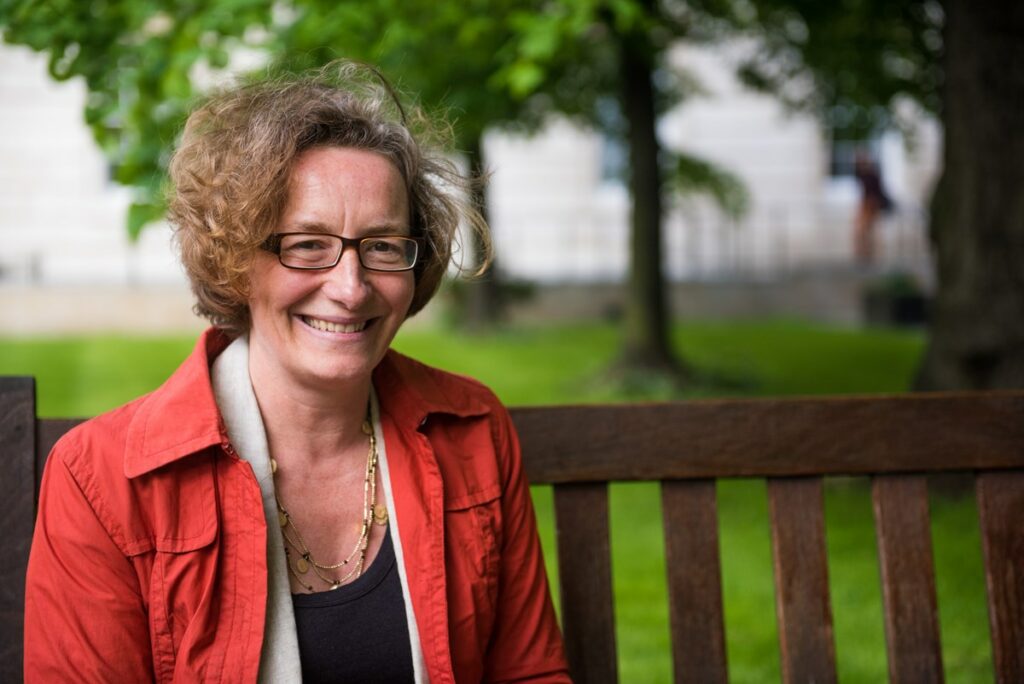Dale Vince has said his company’s interest in obtaining seats on the board of rival Good Energy is down in part to ‘unjustifiable’ contracts exchanged between the supplier’s chief executive Juliet Davenport and her husband.
Yesterday Good Energy issued a strong rebuke to Ecotricity’s attempt to manoeuvre both founder Dale Vince and director Simon Crowfoot onto the board, claiming it would be a significant conflict of interests.
But in a statement issued yesterday afternoon – wherein Vince said he was “disappointed” by the tone of Good Energy’s comments – he raised what he described as a “lack of corporate governance”.
Vince alleges that contacts worth almost £4 million have been exchanged between Good Energy and entities involving Davenport’s husband Mark Shorrock were done so using “unjustifiable” terms and resulted in a “significant loss of shareholder value”.
“As major shareholders we have a responsibility to prevent such things and as board members we will ensure that all transactions of Good Energy are properly commercial and that the company is run for the benefit of all its shareholders,” Vince added.
Shorrock, a former film director, is CEO at both Shire Oak Energy and Tidal Lagoon Power, the company involved with the potential development of Swansea Bay Tidal Lagoon Park.
Accounts filed for Good Energy Generation show that it entered into an agreement with Shire Oak Energy, which is involved in the development and connection of solar and onshore wind farms, in 2012. Under the terms of that agreement, Shire Oak was to be paid compensation of £40,000 per megawatt for every solar farm connected and £75,000 per megawatt for every onshore wind farm.
The terms of the arrangement were amended in 2013 to include consultancy service payments of £750 per day from Good Energy Generation to Shire Oak Energy, however the agreement was ended effective October 2014.
Good Energy Generation’s accounts for the year ended 31 December 2015 reveal that it paid Shire Oak a total of £1.8 million in 2014 and £500,000 in 2015, while a further £150,000 is said to be owed pending the energisation of a final solar farm.
The last set of accounts filed for Shire Oak Energy, for the accounting period ended 30 September 2015 and filed with Companies House in June 2016, also include details of transactions exchanged between it and Good Energy Generation Limited.
Responding to Vince’s comments in a further statement this morning, Good Energy defended the arrangement with Shire Oak and insisted it was a “great deal for shareholders”.
“Shire Oak was at the time one of the leading solar developers in the UK, and was contracted to advise on the development of solar generation assets and in-house development capabilities. The contract was approved by an independent board committee and the arrangement was considered fair and reasonable by Good Energy’s Nomad [nominated advisor] at the time. The company was remunerated on the basis of successful delivery and shareholders were fully informed at the time, and has been fully disclosed ever since in the annual accounts,” a Good Energy spokesperson said.
Meanwhile, Vince revealed that Ecotricity had been discussing the prospect of board representation over the last few months, arguing that issues of commerciality could be resolved and insisting it was “quite normal” for significant shareholders to receive such representation on the AIM market.
Vince added that there was too potential for Ecotricity to boost Good Energy’s prospects in the electric vehicle charging market, talking up his firm’s “strategic ability” in what would be a new market for Good.
EV charging infrastructure is one of a number of business areas Davenport’s company has identified as part of a new corporate strategy, enacted over the course of the last year as the firm moves away from renewables development.






